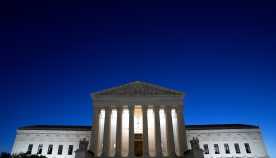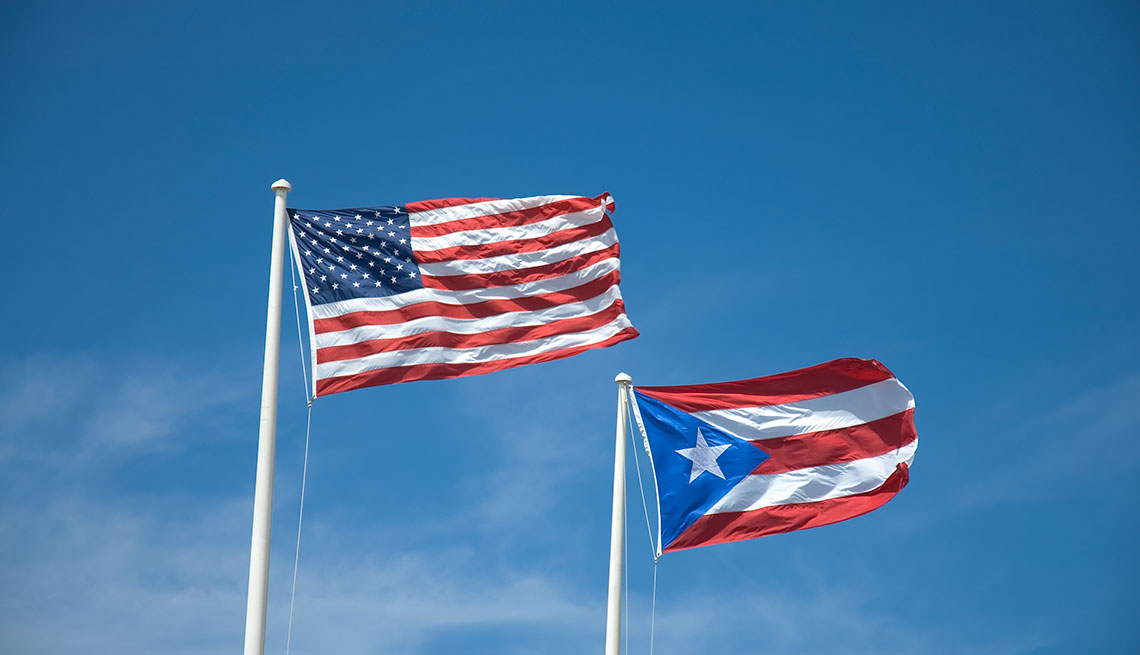About Us
United States v. Vaello-Madero
No. 20-303,
956 F.3d 12 (1st Cir. 2020),
cert. granted, 141 S. Ct. 1462 (2021).


You have the power to change the lives of seniors in poverty
1 in 3 older adults struggle to meet their basic needs. Your gift can help seniors secure good jobs, get the benefits they've earned, and stay connected to their communities.
Oral argument scheduled for Nov. 9, 2021.
Issue: Whether Congress violated the equal-protection component of the Due Process Clause of the Fifth Amendment by establishing Supplemental Security Income—a program that provides benefits to needy aged, blind, and disabled individuals—in the 50 States and the District of Columbia, and in the Northern Mariana Islands pursuant to a negotiated covenant, but not extending it to Puerto Rico.
The Supreme Court is poised to determine whether residents of Puerto Rico and other U.S. territories have equal rights to receive federal Supplemental Security Benefits (SSI). Currently, residents of Puerto Rico cannot receive SSI simply because they reside in Puerto Rico.
The respondent, José Luis Vaello-Madero, challenged the categorical exclusion of residents of Puerto Rico from the SSI program. Vaello-Madero was born in Puerto Rico in 1954 and moved to New York in 1985. United States v. Vaello-Madero, 956 F.3d 12, 15 (1st Cir. 2020). In 2012, he began receiving SSI payments after experiencing severe health problems. Id. After Vaello-Madero moved back to Puerto Rico to be closer to his extended family and to help care for his wife, the Social Security Administration notified him that it was revoking his SSI benefits retroactively to the date when he established residence in Puerto Rico. Id. at 15-16. His benefits were revoked solely on the basis that Vaello-Madero was residing “outside of the U.S.,” despite the fact that Puerto Rico is a U.S. territory. Id. The United States Government sued Vaello-Madero to recover the $28,081 in SSI payments he received while residing on the island. Id. at 16. Vaello-Madero argued that denying SSI benefits to eligible individuals solely because of their status as Puerto Rico residents violated equal protection under the Fifth Amendment.
The U.S. District Court for the District of Puerto Rico agreed, ruling for Vaello-Madero. United States v. Vaello-Madero, 356 F. Supp. 3d 208 (D.P.R. 2019). The district court held that Congress’s separate and disparate classification of Puerto Rico’s residents from those on the mainland United States violated the essence and fundamental guarantees of the U.S. Constitution. Id. at 213. The court explained that “[c]lassifying a group of the Nation’s poor and medically neediest United States citizens as ‘second tier’ simply because they reside in Puerto Rico is by no means rational.” Id. at 214. The Government subsequently appealed to the U.S. Court of Appeals for the First Circuit.


















